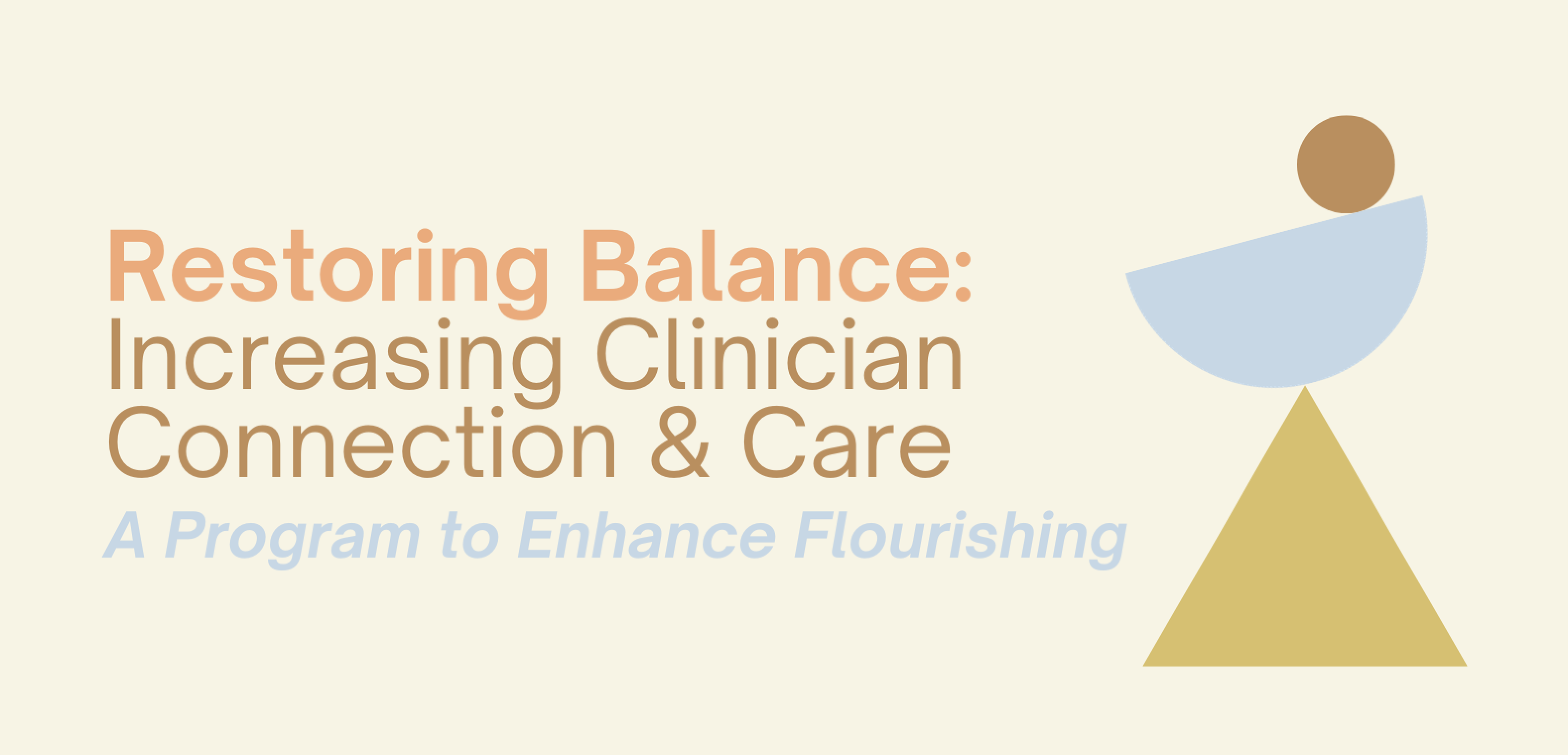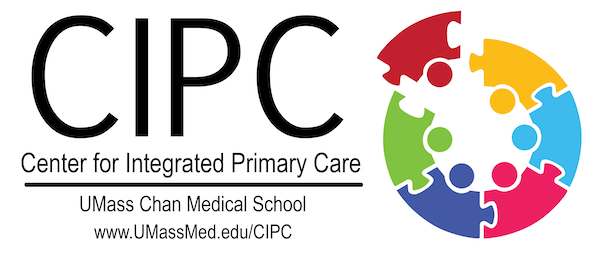Posted On: January 31, 2024

Clinician burnout has become an alarming epidemic in healthcare, affecting up to 60% of clinicians (Shanafelt et al., 2015). This phenomenon is linked to increased rates of depression, anxiety, and substance use, as well as elevated errors and diminished quality of care. Various factors contribute to burnout, including systemic issues like escalating quality metrics, administrative burdens, and shorter patient visits.
Posted On: April 15, 2021

This blog post is authored by a graduate of our 2014 “Primary Care Behavioral Health” course. Many of our former students go on to do significant work in the healthcare field. Dr. Cherepanov’s experience includes global mental health work in Chernobyl, Chechnya, Kosovo, and Liberia. She now works as lead clinician for refugee services at Lynn Community Health Center—one of CIPC’s long-term partners in integration training.
During public health complex emergencies (CE), healthcare workers play a crucial role. This work can be rewarding as it reminds health professionals about their mission and purpose. But just like “a perfect storm,” CE disrupts the fabric of community life, and the responders are subjected to the same ailments as their patients (Cherepanov, 2019). When responding to international CEs, humanitarians accumulated a great deal of experience dealing with extreme work stresses. This experience offers a valuable insight into the psychological challenges the frontline healthcare workers face during the pandemic and the best practices for managing them.
This post first appeared in January 2021 in the International Society for Traumatic Stress Studies.
